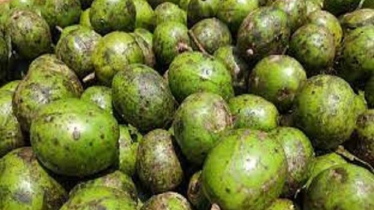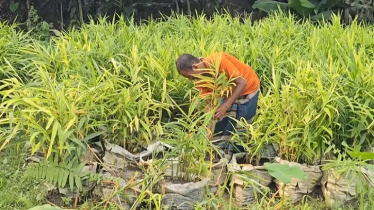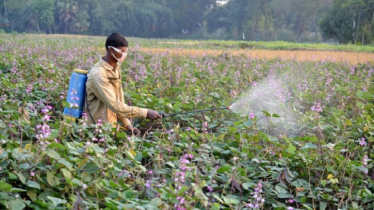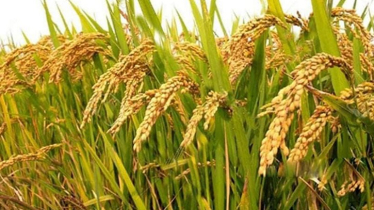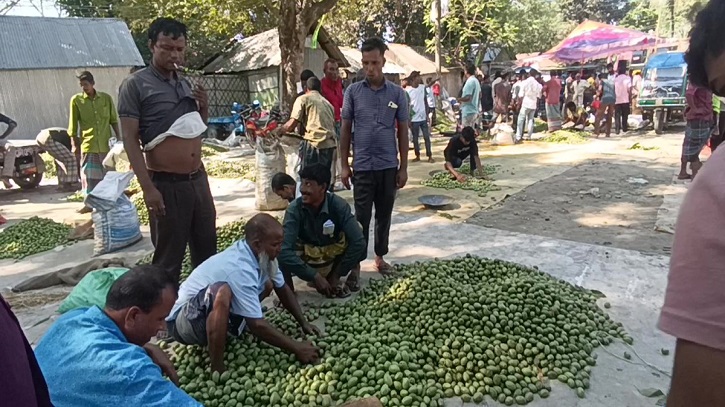
In Bangladesh, the mention of olives evokes both nostalgia and appetite. For many, it recalls Sukumar Ray’s classic play “Obak Jolpan,” a childhood favorite that still brings smiles. Today, the same fruit has become the centerpiece of one of the country’s most vibrant rural markets — the Devdaru Tala Olive Market in Debiganj upazila of Panchagarh district. Locals claim it to be the largest olive market in Bangladesh, and for good reason: olives from five surrounding districts converge here every season.
As dawn breaks, the Devdaru Tala market begins to bustle with activity. Farmers and traders arrive with their produce in vans, pickups, and trucks. Piles of olives are sorted according to size and quality before trading begins. Buyers from across the country flock to this market, and some of the produce is even exported abroad. Olive harvesting starts in October, with trading continuing for about three months throughout the season.
Farmers say they sell olives for Tk 30 to Tk 50 per kilogram. Many rural growers earn hundreds of thousands of taka annually from their orchards. The market has become a cornerstone of the local economy, with high-quality olives drawing increasing domestic and international demand.
The trading season begins in the Bengali month of Bhadra and continues until Magh. Throughout the season, hundreds of small traders sustain their families by collecting olives from nearby orchards and selling them to wholesalers. Each day, olives worth millions of taka change hands at the market, contributing to both local livelihoods and government revenue.
Market authorities report that the Devdaru Tala Olive Market provides employment for 1,000 to 1,500 people. However, they urge the government to improve infrastructure. Leaseholder Rana Hossain said the market, known for its long tradition, also trades in other local produce such as pomelos, lemons, and betel leaves, but olives dominate the scene. “Thousands of people depend on this market. Traders come from all over the country, and even large companies source their olives here. But the market lacks proper sheds and becomes muddy during the rainy season. We hope the government will take steps for its improvement,” he added.
Officials from the Department of Agricultural Extension said the market continues to expand as demand for olives grows. Upazila Agriculture Officer Nayeem Morshed noted that the success of the market has encouraged more farmers to cultivate olives. “We are closely supporting local growers, and they are increasingly profiting from olive farming,” he said.


